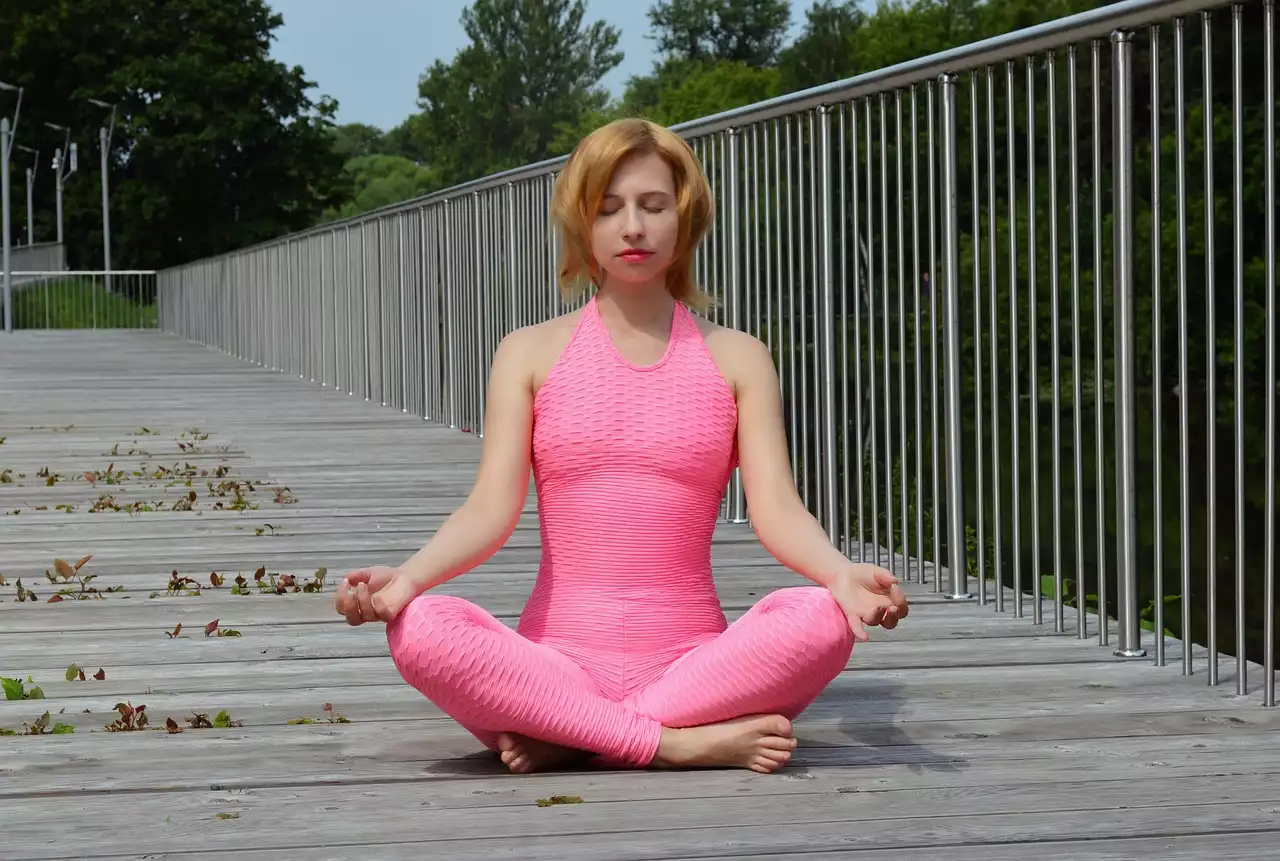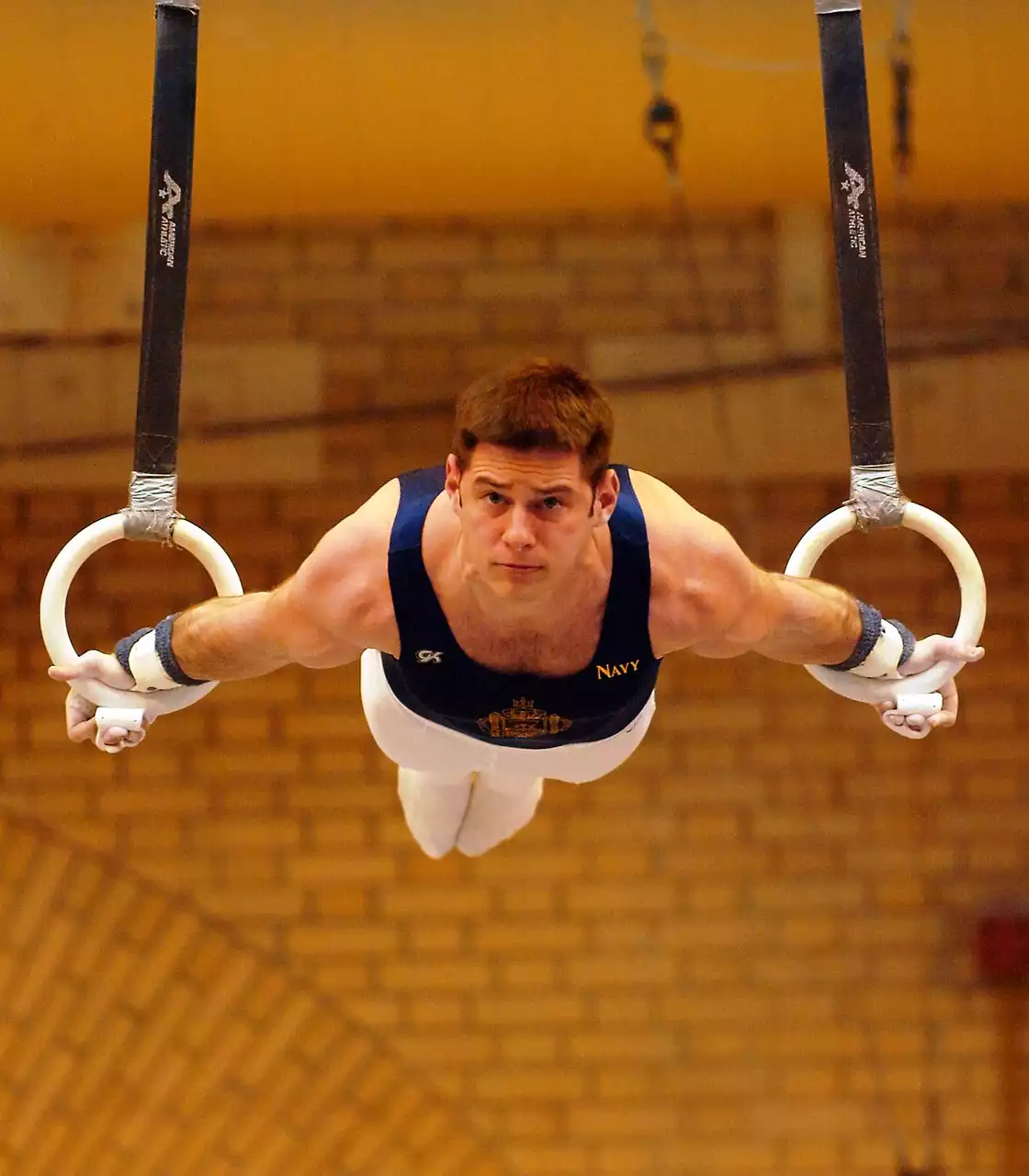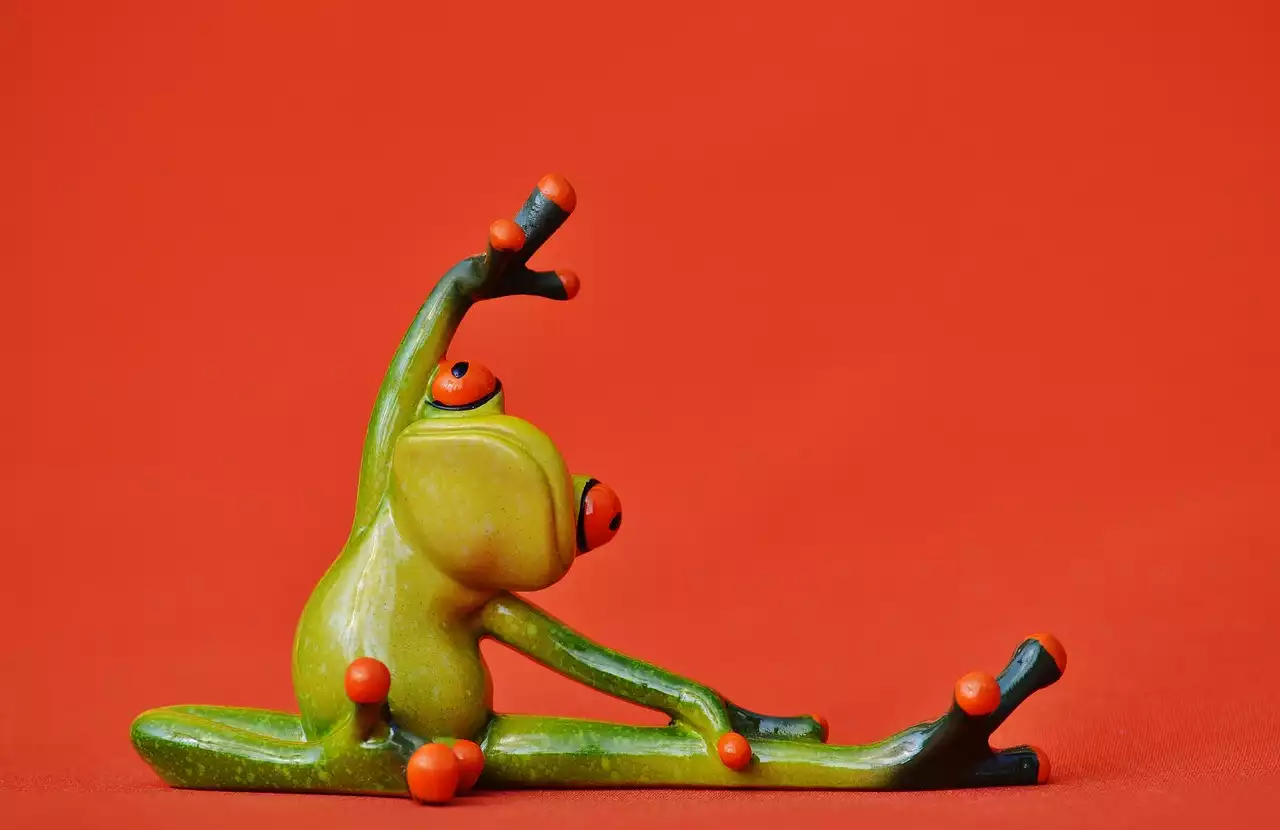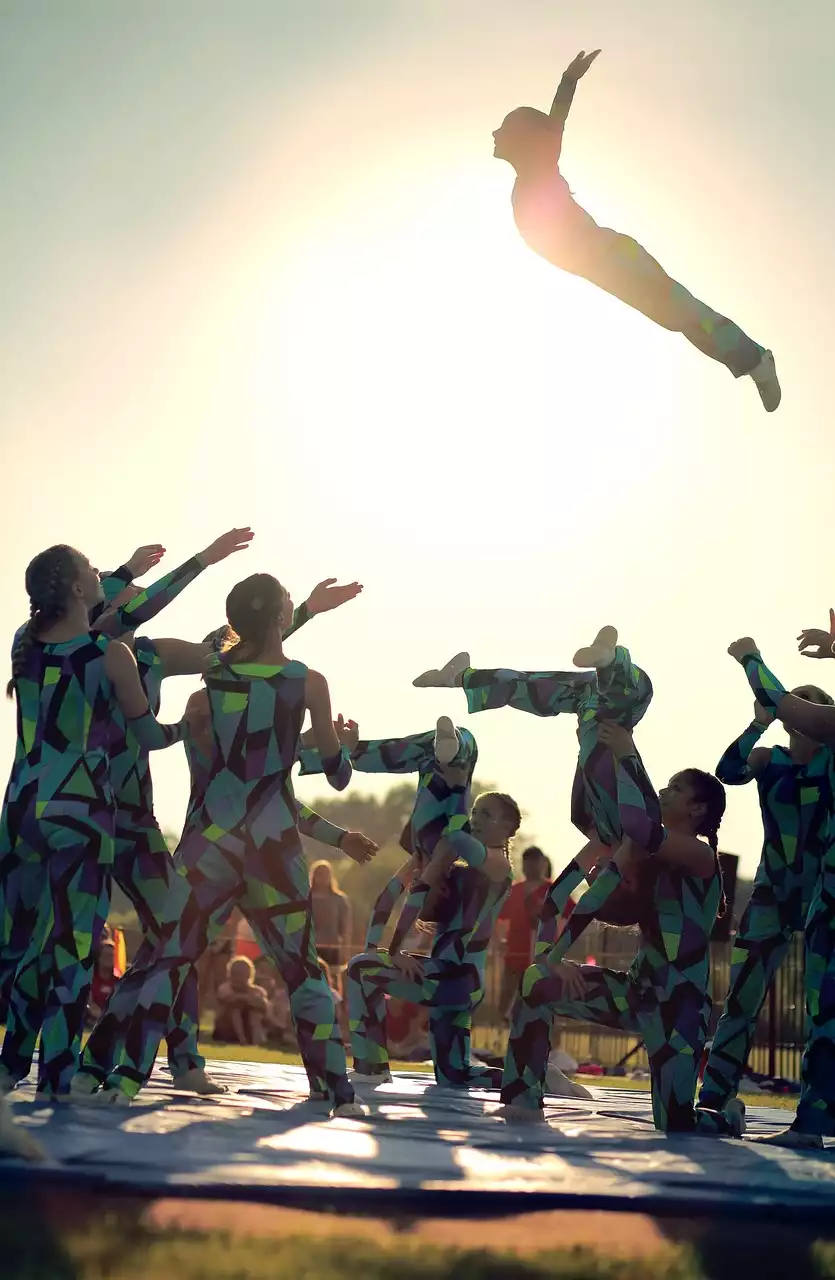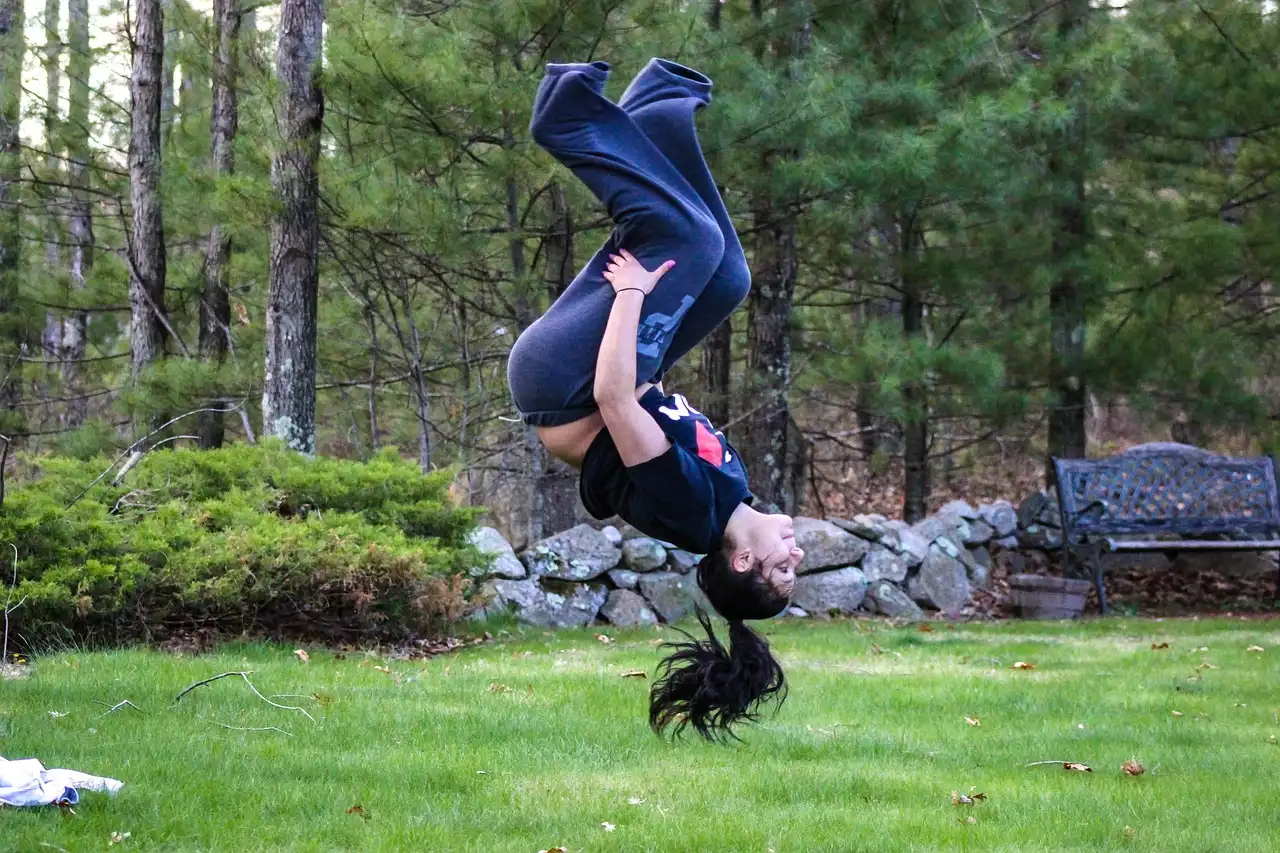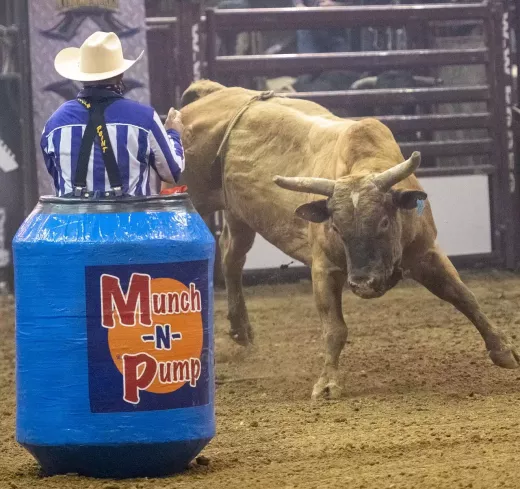What Makes a Good Gymnast?
A good gymnast is someone who is dedicated, disciplined and motivated. They must have the ability to concentrate and stay focused during difficult routines. They must also be able to push their physical and mental limits in order to reach their goals.
A good gymnast also needs to have a strong work ethic. They must be willing to put in the extra time and effort to perfect their routines and become an elite athlete. They must also have a positive attitude and be willing to take criticism in order to improve their skills.
The physical requirements of gymnastics are also important. A good gymnast must have the strength and flexibility to perform difficult skills. They must also have the coordination and agility to move quickly and efficiently.
Developing Your Skills and Strength
Developing your skills and strength is essential for any competitive gymnast. It is important to start with basic skills and progress slowly to more challenging ones. It is also important to practice regularly in order to stay in shape and improve your skills.
Strength training is also important for any competitive gymnast. It is important to focus on strengthening the core, arms, legs and back muscles in order to be able to perform difficult skills. It is also important to focus on flexibility, as this will help with skills such as handstands and tumbling.
It is also important to practice mental preparation. This involves visualizing the routine, staying focused and positive, and calming your mind and body before a competition.
Creating a Training Plan
Creating a training plan is key for any competitive gymnast. It is important to have a plan that includes specific goals and a timeline for when specific skills should be mastered. It is also important to have a plan that includes rest days to allow the body to recover and prevent injury.
It is also important to include a variety of exercises in your training plan. This should include stretching and warm-up exercises, strength training, balance and agility drills, and skill practice. It is important to focus on each of these areas in order to become a well-rounded competitive gymnast.
Nutrition for Gymnasts
Nutrition is key for any competitive gymnast. Eating a balanced diet with plenty of protein and complex carbohydrates is essential for building strength and energy. It is also important to eat a variety of fruits and vegetables to get the vitamins and minerals needed to stay healthy and energized.
It is also important to stay hydrated by drinking plenty of water. This will help to keep the body functioning properly and help to prevent dehydration and fatigue.
It is also important to eat healthy snacks between meals. This will give you energy to power through workouts and competitions.
Mental Preparation Tips
Mental preparation is just as important as physical preparation for any competitive gymnast. It is important to focus on positive thinking and visualizing success. It is also important to focus on relaxation techniques such as deep breathing and meditation to help calm the mind and body before a competition.
It is also important to set realistic goals and break them down into smaller, manageable steps. This will help to keep the athlete motivated and on track.
Mental preparation is also important for dealing with any setbacks or disappointments. It is important to focus on the positives and learn from any mistakes.
How to Choose the Right Equipment
Choosing the right equipment is essential for any competitive gymnast. It is important to choose equipment that is safe and comfortable. It is also important to choose equipment that is appropriate for your skill level and goals.
It is also important to choose the right apparel. This should be comfortable and fit properly. It is also important to choose apparel that is appropriate for the event.
It is also important to choose the right shoes. This should be comfortable and provide the necessary support. It is also important to choose shoes that are appropriate for the surface you are competing on.
Finding a Gymnastics Coach
Finding a good coach is essential for any competitive gymnast. It is important to find a coach who is experienced and knowledgeable in the sport of gymnastics. They should also be able to provide feedback and support to help the athlete reach their goals.
It is also important to find a coach who is patient and supportive. A good coach should be able to provide constructive criticism and push the athlete to reach their potential.
It is also important to find a coach who is a good communicator. This will help to ensure that the athlete is able to understand the instructions and feedback provided.
Setting Goals and Tracking Progress
Setting goals and tracking progress is essential for any competitive gymnast. It is important to set realistic and achievable goals, and to track progress in order to stay motivated and on track.
It is also important to set short-term and long-term goals. Short-term goals should be achievable in a few weeks or months, while long-term goals should be achievable within a few years.
It is also important to track progress through journals, videos and photographs. This will help to identify any weaknesses and areas for improvement.
Tips to Nail Your Routine
Practice, practice, practice. It is important to practice the routine regularly in order to perfect the skills and become comfortable with the movements.
It is also important to focus on the details. This includes perfecting the timing and flow of the routine, as well as the form and technique.
It is also important to focus on the mental aspect of the routine. This includes visualizing the routine, staying focused and positive, and calming the mind and body before a performance.
Finally, it is important to stay motivated and have fun. This will help to keep the athlete focused and energized.
